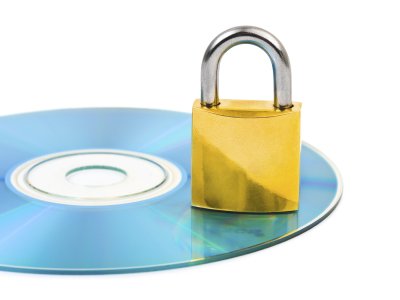The Importance of Archiving
Tuesday 22nd July 2014 Being an artist is a great life. Living passionately and fully experiencing the world is something that would change the world if more people had the courage to do it. Busywork and paperwork aren't parts of our lives (in general), and most of us really like it that way - after all, would you rather be at a desk or in the studio? There is one type of work that most of us tend to ignore for this reason, however, and it's usually to our detriment. Archiving. Storage. Backups. It's time that could be spent in the studio, right?
Being an artist is a great life. Living passionately and fully experiencing the world is something that would change the world if more people had the courage to do it. Busywork and paperwork aren't parts of our lives (in general), and most of us really like it that way - after all, would you rather be at a desk or in the studio? There is one type of work that most of us tend to ignore for this reason, however, and it's usually to our detriment. Archiving. Storage. Backups. It's time that could be spent in the studio, right?
Well, that's true, but there is a huge advantage to having a system for storing your past work. Not just your past work, but also your past thoughts, experiments, and even your simplest doodles and thought-fragments. You never know when they might trigger an idea that you've been incubating subconsciously for the last 10 years, patiently awaiting the right time and mindset to bring it out.
This is equally true for digital artists - make sure that you have multiple copies of your history, because a single hard-drive crash could wipe out an entire career's worth of work if you're not careful. As we explained in our post about transitioning to digital work, if your files don't exist in *at least* two different digital places, you can't really be sure they'll survive. The equivalent for artists who work in physical media might well be a safe or fire-proof box, if you can manage it, and if possible, try to make digital images of all your work as well.
Next time you hit a bit of a creative slump, or you're feeling at loose ends, why not take some time to gather up all the various bits and pieces of work and thoughts and ideas that you've had over the last little while and sort through them, whether in an effort to stimulate creativity or just to make sure that you don't lose them? It can be remarkably rewarding, and it has an extra long-term benefit - once your career takes off and you become a world-renowned famous artist, won't you be glad that you kept all the work that acts as a visual autobiography of your creative endeavours? Early sketches and experiments by famous artists command incredible sums of money, even though they are not finished works!




